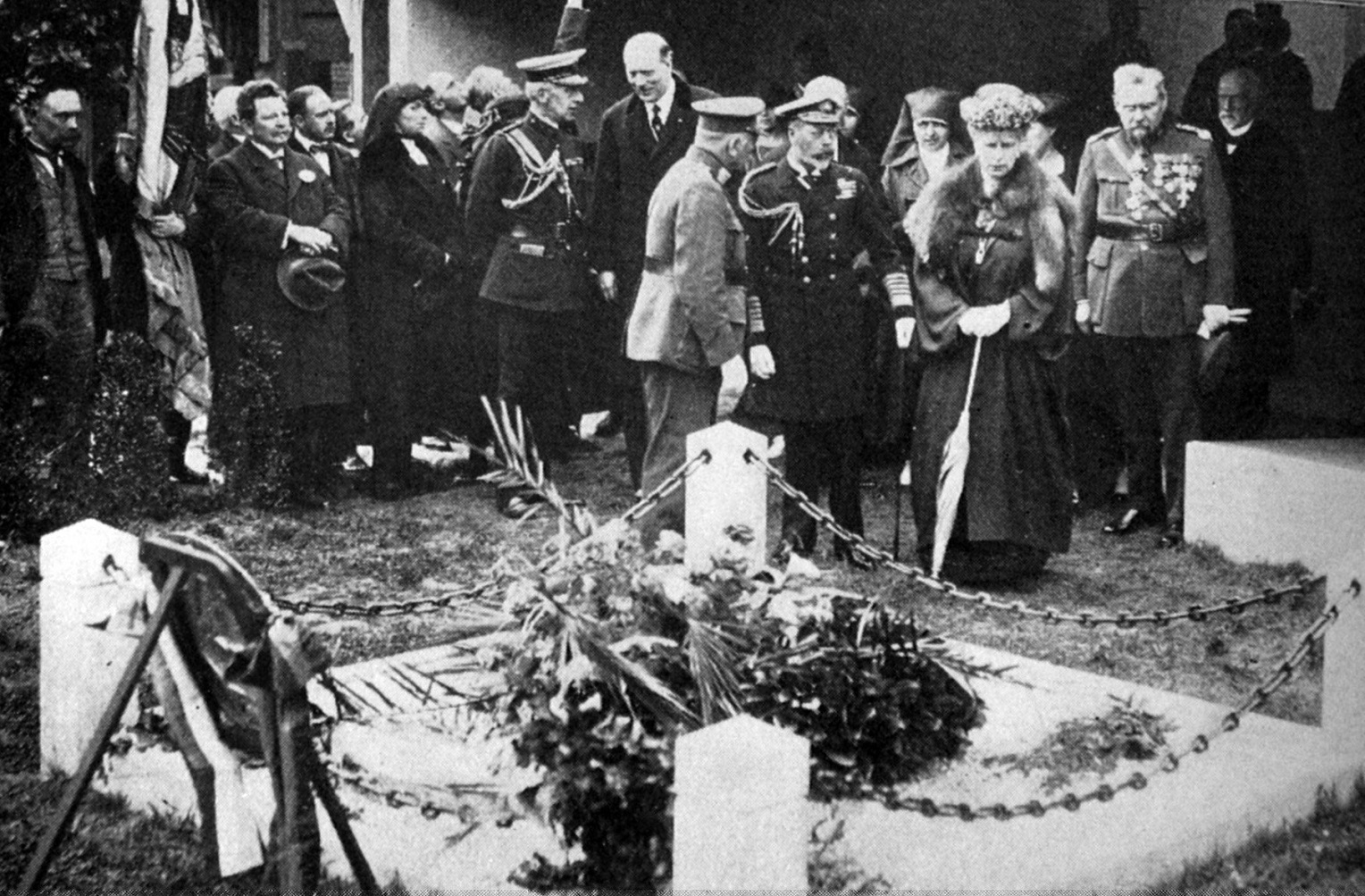
Still no highway network
"The announcement made by Mr Massey that the Highways Bill will probably be shelved for yet another year is unwelcome news to all interested in good roads," says a corespondent who has long been an enthusiastic motorist. "County councillors and motorists have gone to a deal of trouble to evolve a suitable scheme, have compromised in many ways in order to meet various objections and assist the Minister of Public Works, so it seems a mistake to allow the matter to drop when success seems so near at hand." Mr Massey states as his reason for delaying the Bill that it would entail increased expenditure. According to the Hon J.G. Coates, the Government would not subscribe more than in former years, so the ‘economy’ stunt seems to have been overdone in this instance. It is hoped that the Minister who has charge of the Bill will be able to overcome all difficulties raised and place a suitable scheme on the Statute Book during the present session.
William Massey’s 10 years as PM
A term of ten years may not possess any very obvious significance, but it serves as a convenient milestone, so to speak, and as a vantage-ground for taking stock of the rapid passage of time. Mr Massey was 56 years of age when he took over the reins of government. No doubt, now that ten years have been added to his experience of life, he feels the difference, though he has borne the strain with resolute and cheery courage. In the kindliest spirit, and with thoughts of his own and the country’s interest, we express the hope that this anniversary will furnish him with an opportunity of bethinking himself to entrust to others a portion of the official duties which he bears and to moderate his steps in that over-handicapped race towards weariness which has proved disastrous to more than one New Zealand statesman in the past. The people like to see public men willingly energetic in the service of the country, but they do not wish — on the contrary, they are inclined to resent the idea — that they should wear themselves out before their time in carrying unnecessary burdens. It was on July 10, 1912, that Mr Massey, alter the resignation of the short-lived Mackenzie Government in consequence of defeat on a want-of-confidence motion, informed the House that he had accepted the task entrusted to him by the Governor, Lord Islington, and had formed a new Ministry. — editorial. — ODT, 10.7.1922












